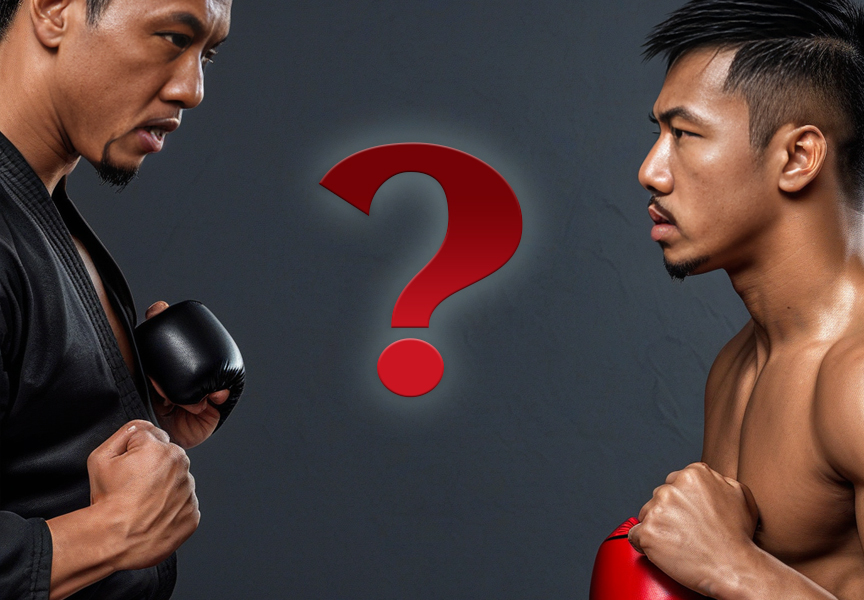Random Free Articles
- Fenjie in Chinese Martial Arts
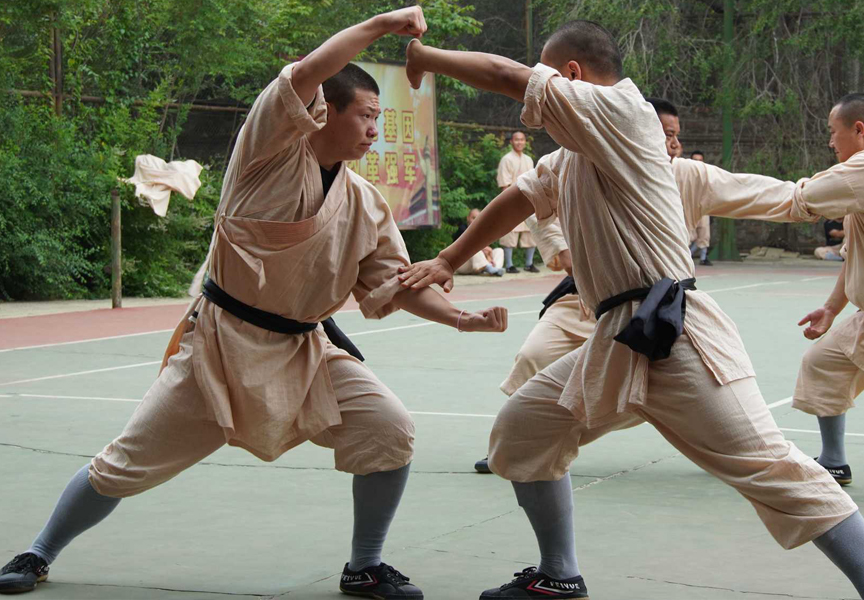
Dissecting Forms for Combat Mastery In the vast realm of Chinese martial arts, the term Fenjie, which translates to analysis or disassembly in English, holds significant importance. This concept is deeply embedded in the traditional practice of martial arts, especially when it comes to the study and application of various forms. Fenjie [Chin.: Fēnjiě 分解] involves the meticulous process of breaking down complex movements within a martial…
- The Illusion of Self-Defense
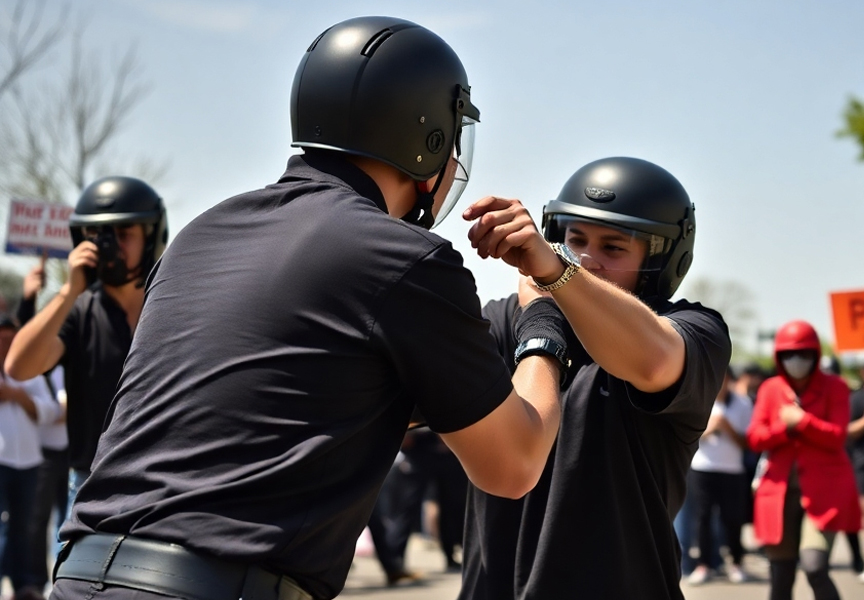
I have been involved in martial arts for more than 45 years. Over that time, I have witnessed the evolution of self-defense systems, the rise and fall of countless trends, and the explosion of martial arts schools across the world. Yet, despite the abundance of teachers, courses, and instructional content, one question remains unanswered: If so many self-defense systems exist, why are there still people who have no idea how to fight? This…
- Rouquan Shaolin Internal Exercise
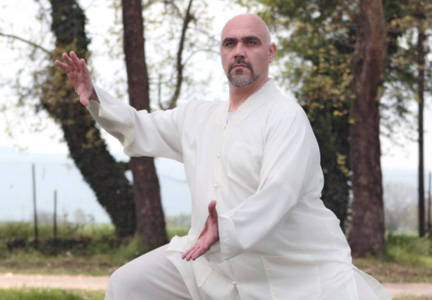
Soft Fist - Rou Quan [Chin.: róuquán 柔拳], is an excellent Shaolin Internal Exercise «Nei Gong» [Chin.: Shàolín nèigōng 少林 內功], which constantly develops human body’s physical and vital energy reserves and in conjunction with the «Five Skills» [Chin.: wǔgōng 五工], allows strides of improvement to anyone who wants to evolve his skills in concentration, balance and deep relaxation. Shaolin Rou Quan addresses to all…
- Essence of Wude in Shaolin Martial Arts
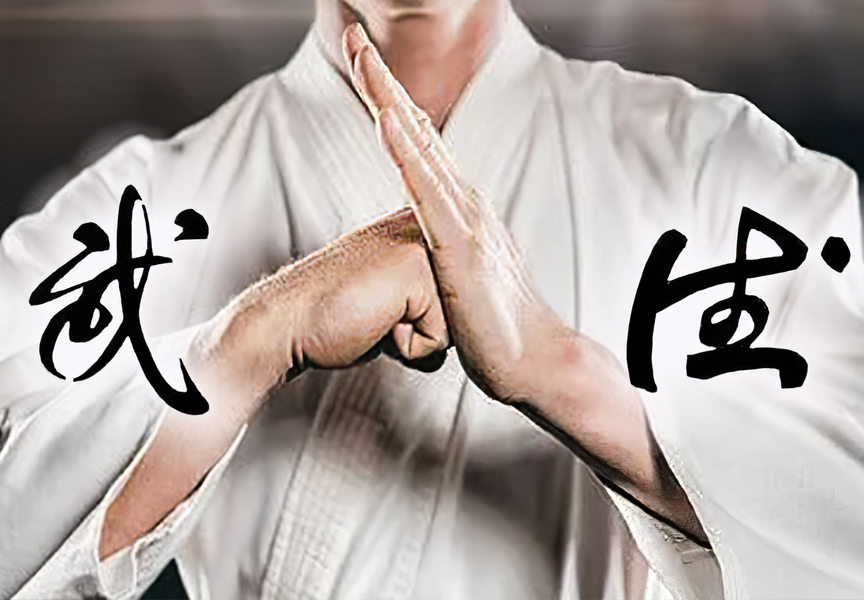
The Pillars of Martial Morality In the intricate world of Shaolin martial arts, where discipline and tradition interlace seamlessly, a profound concept known as Wude [Chin.: Wǔ dé 武德] stands as a guiding light. Wude, translating to martial morality, goes beyond the physical prowess of combat techniques, delving into the realms of character, virtue, and ethical conduct. This ancient philosophy is the heartbeat of Shaolin practitioners,…
- Profound Benefits of Meditation

In an increasingly fast-paced and stressful world, many people are turning to meditation as a means to find solace, peace, and balance in their lives. Meditation is an ancient practice that has stood the test of time, and its popularity in the modern world is a testament to its effectiveness. Beyond its spiritual and philosophical roots, meditation offers a wide array of tangible benefits for the mind, body, and overall well-being. In this…

